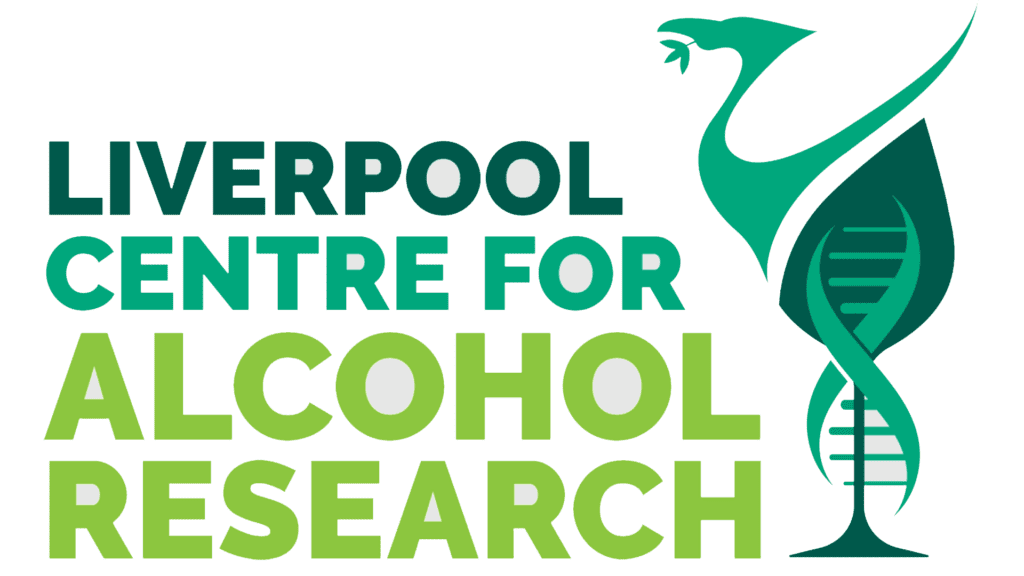

Philip Murphy, Professor of Psychology at Edge Hill University, has been carrying out innovative research into psychopharmacology and substance use for many years. His work continues to have a significant impact on debate and understanding around legal and illegal drug behaviours in the UK and internationally. Professor Murphy’s research has informed interventions and treatment programmes that have improved, and sometimes saved, lives. We caught up with Professor Murphy to find out more about his area of research.
Can you tell us what psychopharmacology is and what types of things are studied?
Psychopharmacology is the study of drugs that affect mood, behaviour, and cognition. There is no great mystery in the meaning of the word ‘psychopharmacology’. ‘Psycho’ refers to the psychological aspects of how our minds work. Psychopharmacology studies the affect (such as mood and emotion), and behaviour associated with the consumption of pharmacological products (for example substances which may be classed as drugs or foodstuffs). Such substances may include caffeine, nicotine, and alcohol, as well as substances falling under legal prohibition such as cannabis, opiates, and cocaine.
Psychopharmacology explores both psychological and biological factors to understand the actions and effects of such drugs on human functioning. Biological psychology is a compulsory part of the curriculum for BSc (Hons) Psychology degrees in the UK, which are accredited by the British Psychological Society.
How can insights from psychopharmacology be used to inform and help real world issues?
The research carried out by the Substance Use and Appetite Research Group at Edge Hill University is helping inform the public about the risks associated with substance-related harm, and can provide an evidence-base for health organisations and UK Government to help inform behaviour-change campaigns and policy change. As a member of the Liverpool Centre for Alcohol Research, our research group serves to inform community support initiatives. Specifically, this relates to supporting people who may be coming off recreational drugs such as heroin, as well as about issues relating to alcohol consumption.
What types of psychopharmacological research takes place at Edge Hill University?
The Department of Psychology at Edge Hill University is committed to producing theoretical and applied research of the highest quality. Our research aligns to several important global priorities outlined by the United Nations Sustainable Development Goals. Not only are we actively involved in research around these important areas, we also work in partnership with the general public, organisations and policy-makers to ensure our insights can be applied to make a difference in the world.
Some examples of psychopharmacological research at Edge Hill University include investigating cannabis, ecstasy (MDMA), and alcohol, on memory and mood stability, psychological preparedness for opiate dependence treatment, and the effect of psychedelic drugs on psychological performance.
As psychologists, we draw upon the scientific theories and methods in psychology to conduct good quality research. For example, if we wanted to understand how cannabis effects memory ability, we might compare a memory test between cannabis users and non-users. Alongside this, we could explore the neurological aspects that contribute to participants’ memory performance, while also collecting samples of bodily fluids such as saliva or blood. This would help us better examine the relationship between behavioural performance on the test and bodily responses associated with the substance.
What are some example career paths in psychopharmacology?
Unlike disciplines such as clinical psychology, psychopharmacology should be considered as a scientific or academic discipline, rather than a practitioner discipline. Usually, career pathways involve doing research in universities, health, or pharmaceutical organisations. In broad terms, researchers go into psychopharmacological research from either a background in pharmacological research, or from a background in psychology. In either case, a postgraduate research degree such as a Masters in Research (MRes) or a Doctorate in Philosophy (PhD) are common career pathways for students.
How can students get involved and engage in the themes of psychopharmacology on a psychology degree at Edge Hill University?
Our psychology students at Edge Hill are exposed to the biological components of human thought and behaviour within our first and second year biological psychology modules. This provides a strong basis for our applied modules in the final year which help our students take forward their theoretical subject knowledge and discover how this applies to disciplines such as psychopharmacology. Modules include ‘Applied Psychopharmacology’ and ‘Psychology of Substance Use’. These modules, like most of our final year optional modules directly relate to the research expertise of our academic staff.
Our students can also get involved in psychopharmacology from research-based activities, such as taking part as a research volunteer in departmental research studies on this topic, working as a research intern as part of our Research Internship Scheme, or undertaking their own dissertation research on psychopharmacological issues.
How do students benefit from research informed teaching?
Being taught by academics who are conducting and publishing the research which carries forward the academic discipline of psychology is an essential part of a true university experience for any psychology student. It is through their research that academics develop a true and deep knowledge of their speciality which they can pass on with enthusiasm to their students. This brings on benefits of helping raise new questions which might help an undergraduate student progress towards postgraduate research to explore this further.
February 14, 2024




